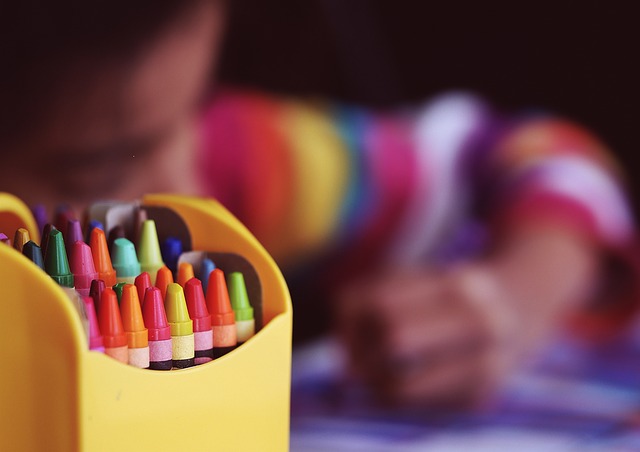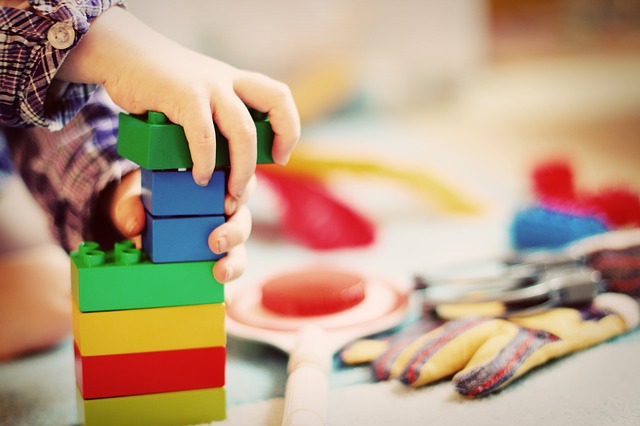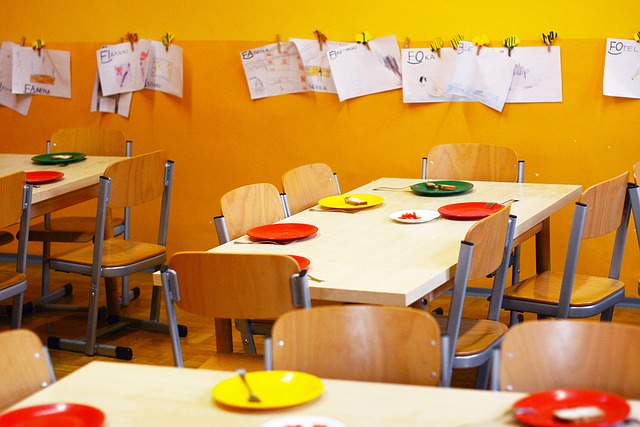What Your Preschooler Should Be Able to Do
When I was a preschooler, my main concern was playing with other children and getting into mischief. In first grade registration, I showed my teacher that I could draw the sun, said a very short poem, and introduced myself. If someone signed their name, it was a nice bonus. Other skills had to be mastered, of course, were changing clothes and basic hygiene. Today, schools often hold children entering first grade to very high standards.

1.Gross motor skills
The gross motor skills of children are very important. Its deficiency is manifested primarily by clumsiness and frequent falls. Preschool children should have mastered basic gross motor skills such as walking, running from point A to point B, jumping over obstacles, and walking straight on narrow surfaces (ropes on the ground, curbs, etc.). They should also be able to catch and throw a ball, jump rope, and perform simple rhythmic movements. Gross motor skills are not usually tested at the time of admission and are not a factor in admission decisions.
2.Fine motor skills
Fine motor skills are already more important. Children with poor fine motor skills usually cannot write well. Children do not like to draw, they struggle with writing, and clay sculpting, for example, is a bad dream for them. Children work on their motor skills every day. They must be able to perform daily hygiene, hold pencils and crayons correctly, and be able to crumple paper.
3.Knowledge and Reasoning Skills
In principle, children need not have knowledge or other reasoning skills. Children learn everything from the beginning, but they need to recognize that there are numbers and letters and that they will be taught something about them. Usually there is a large gap between children in the first grade, but in most cases this gap is reduced during the first year. When children are very far ahead, the problem often arises of boredom in school.



